On the morning of November 27, with 431 delegates participating in the vote in favor (accounting for 87.25%). Thus, with the majority of delegates participating in the vote in favor, the National Assembly officially passed the Law on Identification.
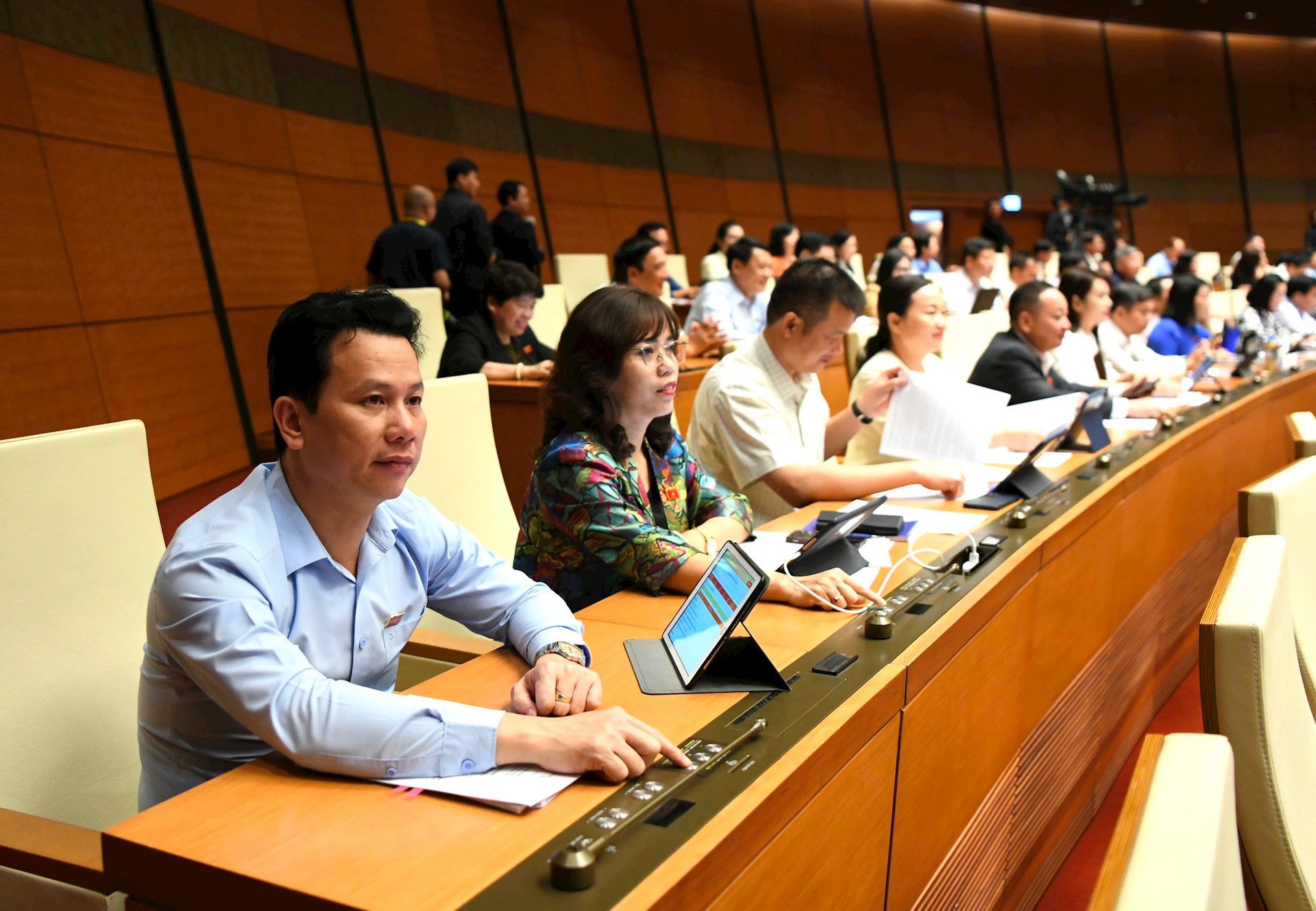
Previously, on behalf of the National Assembly Standing Committee, Chairman of the National Assembly's Defense and Security Committee Le Tan Toi presented a summary report explaining, accepting and revising the draft Law on Identification. Accordingly, regarding the name of the draft Law and the name of the identification card.
There are opinions that, in the recent past, there have been many changes in the form, content and name of the ID card, so it is recommended to consider the name of the Law; it is recommended not to change the name of the Law and the name of the card to ID card.
Chairman of the National Assembly's Committee for National Defense and Security Le Tan Toi said that through discussions at the 6th Session and the meeting of the National Assembly Standing Committee between the 2 sessions of the 6th Session of the 15th National Assembly, most of the opinions of the National Assembly deputies agreed with the name of the draft Law and the name of the ID card as explained in Report No. 666/BC-UBTVQH15 dated October 24, 2023 of the National Assembly Standing Committee explaining, accepting and revising the draft Law on Identification. The National Assembly Standing Committee believes that the use of the name Law on Identification clearly demonstrates its scientific nature, both covering the scope of regulation and subjects of application of the Law, and being consistent with the trend of digital society management.
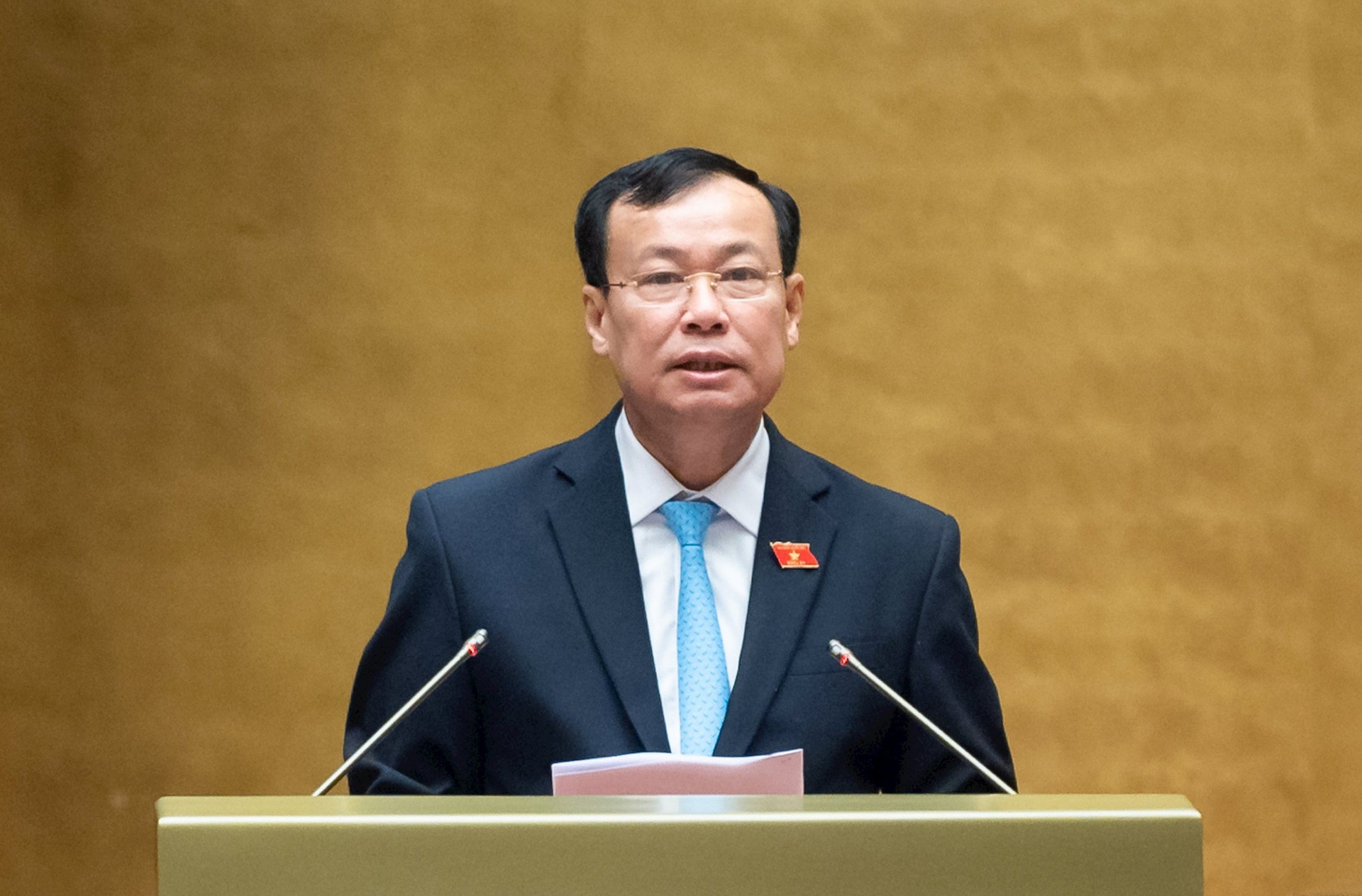
With the scientific integration of information in the ID card along with the form and method of digital management ensuring mass, the name change to ID card will help the state management work become more scientific, serving the digital transformation, digital economy , digital society of the Government; at the same time, creating favorable conditions, supporting people in participating in social activities as well as administrative and civil transactions more and more conveniently.
From the above issues, the Standing Committee of the National Assembly finds that the use of the name Law on Identification and Identity Cards is appropriate for the purpose of management and serving the People. Therefore, the Standing Committee of the National Assembly respectfully proposes that the National Assembly keep the name Law on Identification and Identity Cards.
Regarding the national data center (stipulated in Clause 4, Article 8, Clause 5, Article 10, Clause 5, Article 11 and Clause 3, Article 12), the Standing Committee of the National Assembly accepted the opinions of the National Assembly Deputies and reported further explanations as follows: After receiving approval from competent authorities, the Government directed the completion of the Project and issued Resolution No. 175/NQ-CP dated October 30, 2023 approving the Project on building a national data center. The draft Law only stipulates the national data center in the sense of a technical system connected to the national database on population to share, exploit and process information in accordance with the Party's policies and the Government's Project.
Based on the opinions of the National Assembly Deputies, the Standing Committee of the National Assembly directed the addition of Clause 19, Article 3, regulating the national data center as in the draft Law submitted to the National Assembly for approval.
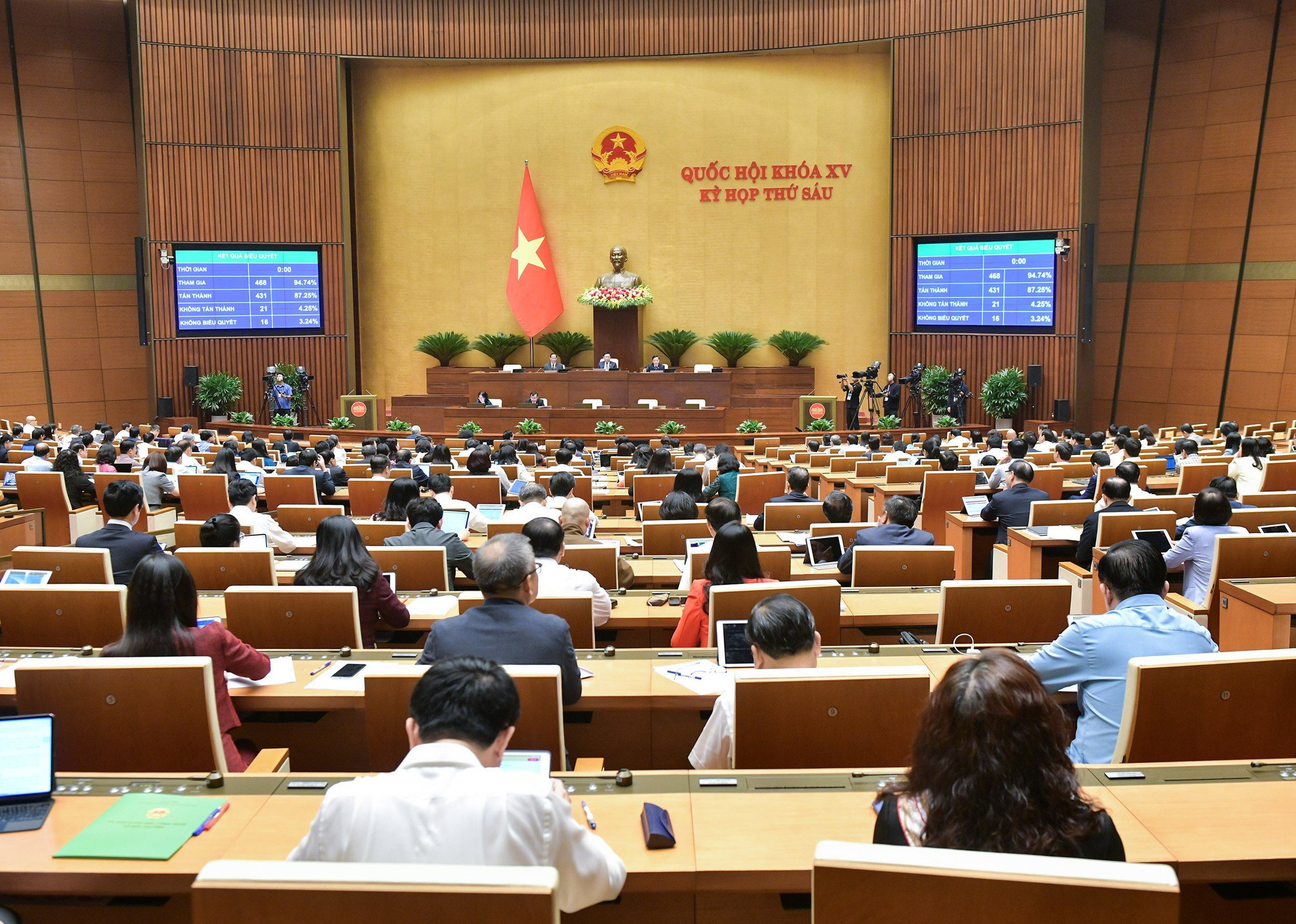
Regarding the collection, updating, connection, sharing, and exploitation of information in the Identity Database (Article 16), there is a proposal to add regulations on the collection of biometric information on irises to Point d, Clause 1, similar to the collection of biometric information on DNA and voice to ensure feasibility and suitability with practical implementation conditions.
Chairman of the National Assembly's Committee on National Defense and Security Le Tan Toi affirmed that current science has proven that, along with fingerprints, a person's iris has a complex and unique pattern structure for each person, which does not change much over time. Therefore, in addition to collecting fingerprints, the draft Law has added regulations on collecting irises in identification information to serve as a basis for cross-checking and verifying each individual's information; supporting in cases where a person's fingerprints cannot be collected. Therefore, the Standing Committee of the National Assembly proposed that the National Assembly keep this content as in the draft Law submitted to the National Assembly for approval.
Explaining and receiving opinions on cases of issuing, exchanging, and reissuing ID cards (Article 24), the Standing Committee of the National Assembly accepted the opinions of National Assembly deputies, revised this content as in the draft Law and would like to report as follows: When citizens' information stored and encrypted in the ID card storage unit has errors, it must also be updated and adjusted to ensure that the information on the card accurately reflects reality and is consistent with the information in the databases, information in the electronic ID card, etc., meeting the requirements of correctness, sufficiency, living, cleanliness, as well as the rights of citizens when conducting transactions. Therefore, in cases where the ID card does not need to be changed, citizens must carry out procedures to adjust and update information. To handle this case, in addition to adjusting Point d, Clause 1, Article 24, the Standing Committee of the National Assembly directed to add the content assigning the Government to "prescribe the order and procedures for updating and adjusting information on the ID card" in Clause 6, Article 22 as in the draft Law submitted to the National Assembly for approval.
Regarding the regulations on identity certificates and management of people of Vietnamese origin whose nationality is undetermined and who are granted identity certificates (Article 30), there is a proposal to study the granting of identity certificates to all stateless people residing in Vietnam. Regarding this issue, Chairman of the National Assembly's Committee on National Defense and Security Le Tan Toi stated that in reality, in Vietnam, there are many people with foreign nationality who deliberately hide or throw away their nationality documents in order to stay in Vietnam illegally. If the subjects granted identity certificates are expanded, there may be many subjects who are stateless people migrating to Vietnam to live, causing complicated impacts on the security and order situation in our country. Therefore, the Standing Committee of the National Assembly proposes not to expand the subjects granted identity certificates to all stateless people.
Explaining and receiving opinions on the issuance and management of electronic identification cards (Chapter IV), there were opinions agreeing on the necessity of regulations on electronic identification cards in the draft Law. There were opinions requesting additional reports on the security of chip-embedded identification cards because they are easily hacked and monitored. Chairman of the National Assembly's Committee on National Defense and Security Le Tan Toi said that current identification cards are manufactured using advanced technology, have high security capabilities, and ensure against card counterfeiting. The electronic chip on the identification card has authentication technology through fingerprint or face matching to accurately authenticate the cardholder. Accordingly, when a person uses a device to read information stored in the electronic chip, he must have the consent of the cardholder through fingerprint or face authentication to gain access to the application to read and retrieve data. Without this operation, no one can access to retrieve information in the identification card.
In addition, to exploit the information in the electronic chip, specialized equipment must be used and these devices must be provided with security codes by the Ministry of Public Security to authenticate, ensure security and safety of information. In case other state agencies provide specialized equipment to read information in the ID card, these devices must be inspected by specialized agencies of the Ministry of Public Security and provided with security codes.
In addition, Chairman of the National Assembly's Committee on National Defense and Security Le Tan Toi also accepted and explained the delegates' opinions on the transitional regulations (Article 46). Accepting the opinions of the National Assembly delegates, the National Assembly Standing Committee directed to revise and supplement the transitional regulations on citizen identification cards and identity cards in Clause 3, Article 46 as follows: "Citizen identification cards and identity cards that expire from January 15, 2024 to before June 30, 2024 shall continue to be valid until June 30, 2024."; Accordingly, Clause 2, Article 45, stipulating the effective date, was added as follows: "The provisions in Clause 3, Article 46 of this Law shall take effect from January 15, 2024"; At the same time, revise some contents of Article 45 and Article 46 to ensure specificity, clarity and suitability with reality.
Source



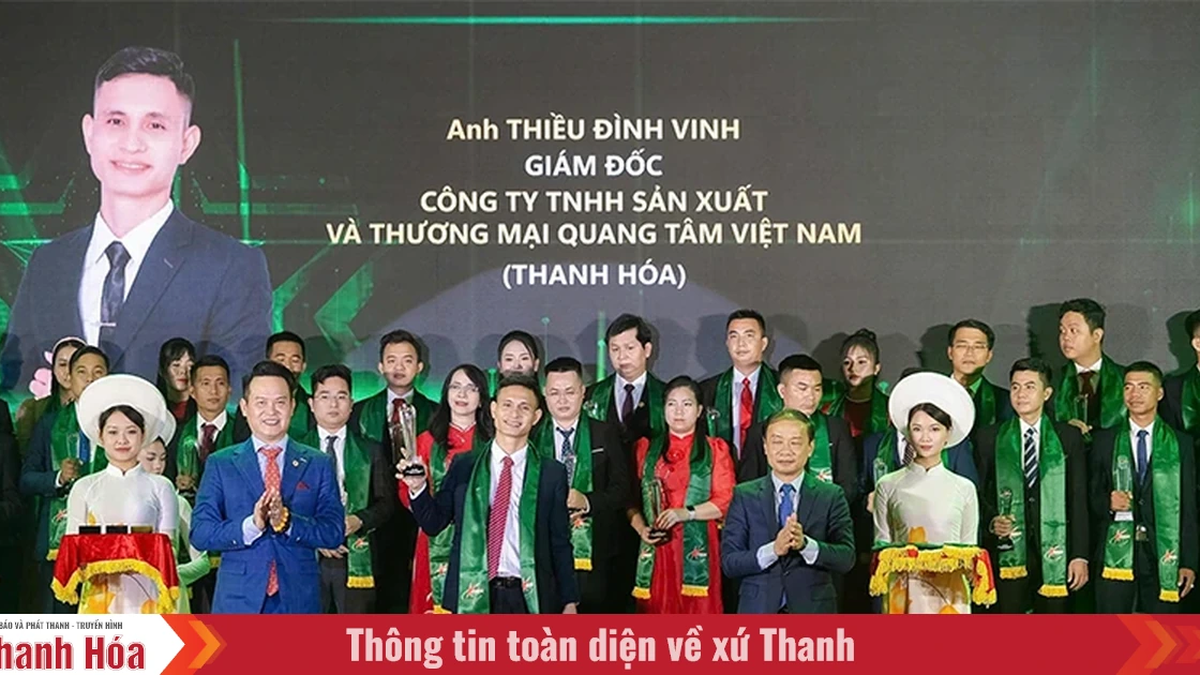
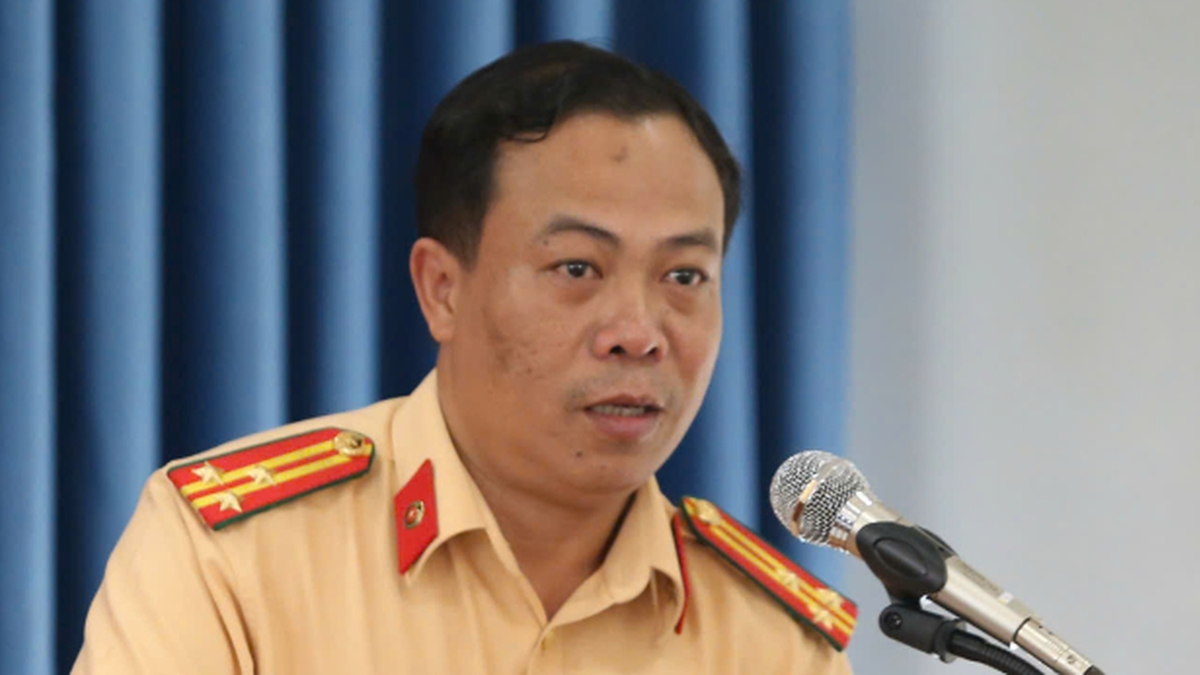


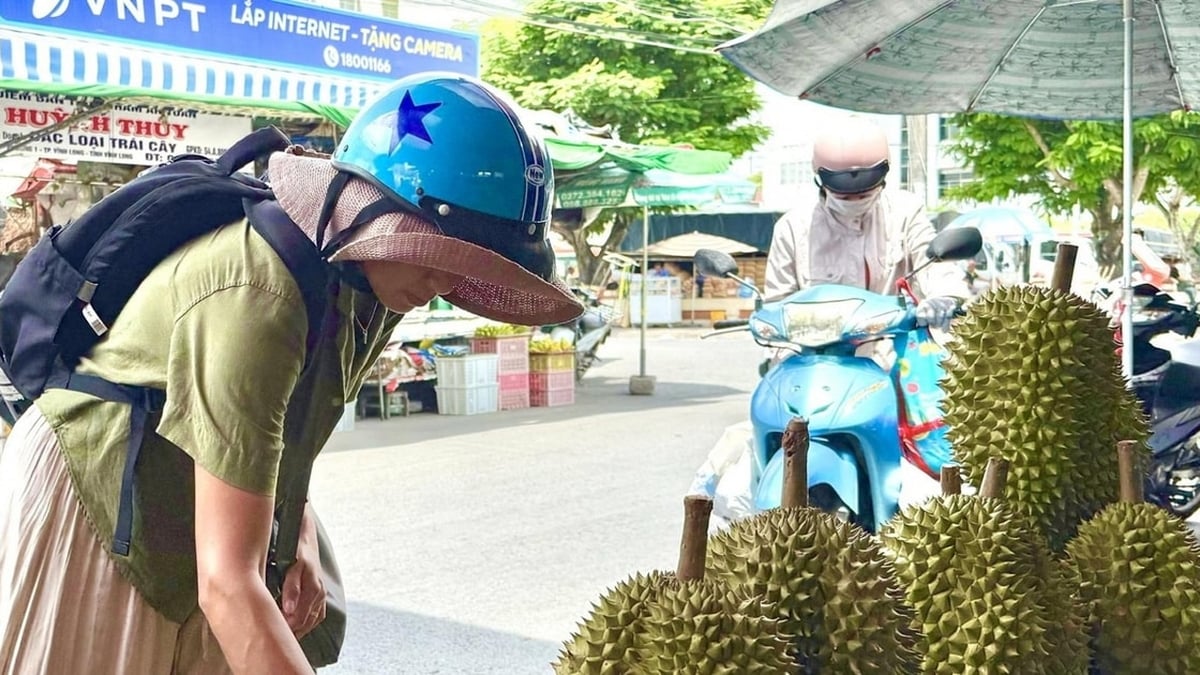


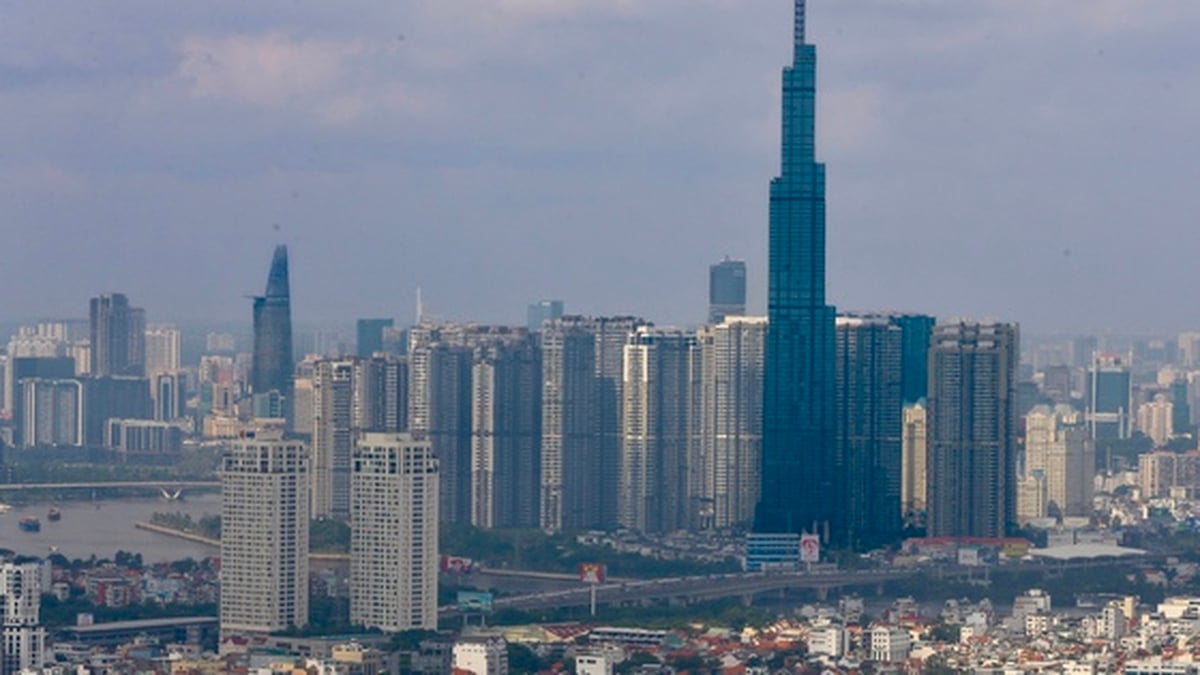



















![[Photo] National Assembly Chairman Tran Thanh Man visits Vietnamese Heroic Mother Ta Thi Tran](https://vphoto.vietnam.vn/thumb/1200x675/vietnam/resource/IMAGE/2025/7/20/765c0bd057dd44ad83ab89fe0255b783)






























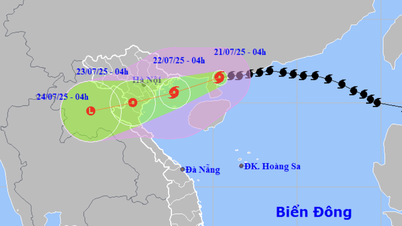




































Comment (0)